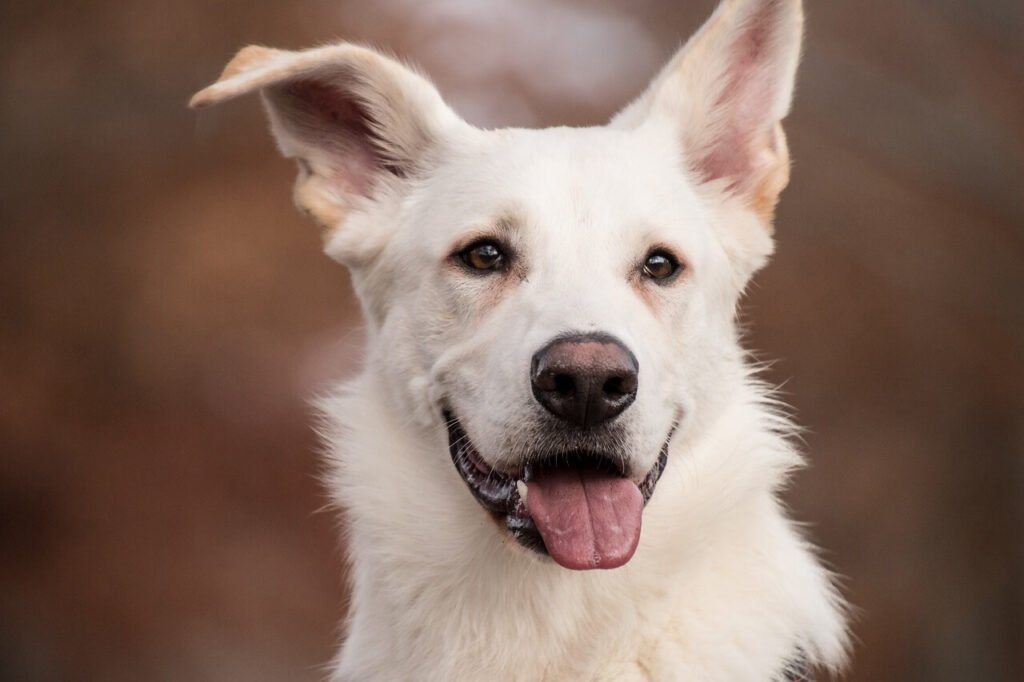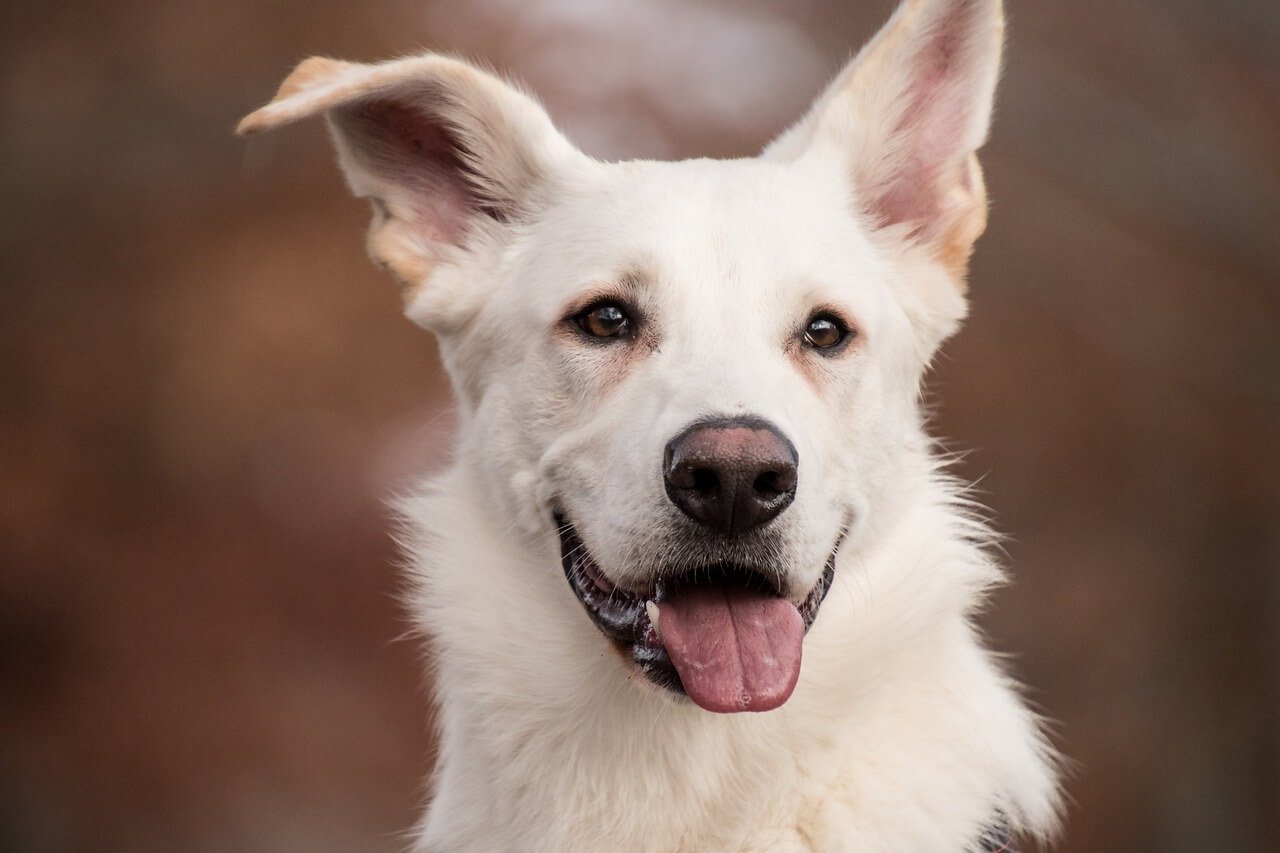Can Dogs Eat Cheese? A Guide to Feeding Your Furry Friend Safely
Cheese is a beloved snack for many humans, but what about our four-legged companions? If you’ve ever wondered, “Can dogs eat cheese?” you’re not alone. This question is common among pet owners who want to share their favorite treats with their pups. While cheese can be a tasty and nutritious addition to your dog’s diet in moderation, there are some important considerations to keep in mind. From potential allergies to lactose intolerance, understanding how cheese affects your dog’s health is crucial.
In this blog post, we’ll explore everything you need to know about feeding cheese to your dog safely, including tips, risks, and alternatives. Whether you’re a new dog owner or a seasoned pet parent, this guide will help you make informed decisions about your dog’s diet.
Types of Cheese That Are Safe for Dogs
Not all cheeses are created equal when it comes to feeding your dog. Some varieties are safer than others due to their lower fat, salt, and lactose content. Here’s a list of cheeses that are generally considered safe for dogs in moderation:
Mozzarella: Low in fat and easy to digest for most dogs
Cottage Cheese: High in protein and often tolerated well by lactose-sensitive dogs
Cheddar: Moderately safe but should be given sparingly due to its higher fat content
Swiss Cheese: Lactose-free and less likely to cause digestive upset
Goat Cheese: Easier to digest than cow’s milk cheese, though still rich and should be fed carefully
While these cheeses are generally safe, portion control is key. Always introduce any new food gradually and monitor your dog for adverse reactions. Remember, even safe cheeses should only be an occasional treat, not a daily staple.
Potential Risks of Feeding Cheese to Dogs
While cheese can be a fun and flavorful treat, it’s not without its risks. Understanding the potential downsides will help you decide whether cheese is appropriate for your dog. Here are some key concerns to consider:
Lactose Intolerance: Many dogs struggle to digest lactose, leading to gas, bloating, or diarrhea
High Fat Content: Rich cheeses can contribute to obesity or pancreatitis if consumed in excess
Salt Levels: Some cheeses are high in sodium, which can harm dogs with certain health conditions
Allergic Reactions: Though rare, some dogs may have allergies to dairy products
Choking Hazards: Large chunks of hard cheese could pose a choking risk, especially for small breeds
Before offering cheese to your dog, weigh these risks against the potential benefits. Moderation and careful selection are essential to avoid negative outcomes.
Check this guide 👉Can Dogs Eat Black Pepper? Best 7 Health Tips!
Check this guide 👉Can Dogs Eat Honey? Best 7 Health Tips!
Check this guide 👉Can Dogs Eat Pomegranate? Best 7 Expert Tips!

Safe Cheeses for Dogs | Cheeses to Avoid |
|---|---|
Mozzarella | Blue Cheese |
Cottage Cheese | Roquefort |
Swiss Cheese | Processed Cheese |
Goat Cheese (in moderation) | Cream Cheese |
Cheddar (small amounts) | Cheeses with garlic/onion powder |
How to Safely Introduce Cheese to Your Dog
If you decide to share cheese with your dog, it’s important to do so safely. Proper introduction ensures that your dog enjoys the treat without experiencing discomfort. Follow these steps to minimize risks:
Start with a very small piece to test for adverse reactions
Choose low-fat, low-sodium options like mozzarella or cottage cheese
Avoid flavored or processed cheeses that contain artificial additives
Serve cheese as a reward during training sessions rather than as a standalone snack
Monitor your dog closely after feeding to check for signs of digestive issues
By taking these precautions, you can confidently offer cheese as an occasional treat. Always prioritize your dog’s health and well-being over indulgence.
Alternative Treats for Dogs Who Love Cheese
If cheese isn’t suitable for your dog—or if you’d prefer healthier options—there are plenty of alternatives that satisfy their cravings. These treats provide similar flavors or textures without the risks associated with cheese. Consider the following ideas:
Peanut Butter (xylitol-free): A creamy, savory option that many dogs adore
Plain Yogurt: Offers probiotics and a mild, cheesy flavor
Boiled Chicken: A lean protein source that doubles as a tasty snack
Carrot Sticks: Crunchy and satisfying, perfect for chewing enthusiasts
Frozen Banana Slices: Sweet, cold, and refreshing for summer days
These alternatives allow you to spoil your pup without compromising their health. Experiment with different options to find what your dog loves most.
Signs Your Dog May Be Lactose Intolerant
If you’re unsure whether your dog can handle cheese, it’s important to recognize the signs of lactose intolerance. Many dogs struggle to digest dairy products due to a lack of sufficient lactase enzymes. Here are some common symptoms to watch for:
Diarrhea or loose stools after consuming dairy products
Excessive gas or bloating following meals with cheese
Vomiting shortly after eating dairy-based treats
Lethargy or discomfort after ingesting cheese
Persistent licking of the lips or swallowing frequently
If your dog exhibits any of these symptoms, it’s best to avoid cheese altogether and consult your veterinarian for alternative treat options. Identifying lactose intolerance early can prevent unnecessary discomfort for your pup.
Creative Ways to Use Cheese as a Training Tool
Cheese can be an excellent motivator during training sessions, thanks to its strong aroma and appealing taste. However, it’s essential to use it strategically to maximize its effectiveness without overfeeding. Here are some creative ways to incorporate cheese into your dog’s training routine:
Cut cheese into tiny cubes to use as high-value rewards for difficult commands
Stuff small pieces of cheese inside puzzle toys to encourage problem-solving
Freeze cheese chunks in ice cubes for a refreshing summer training treat
Combine cheese with other healthy snacks like boiled chicken for variety
Use cheese sparingly to reinforce behaviors during short, focused sessions
By using cheese thoughtfully, you can enhance your dog’s training experience while keeping their diet balanced. Always remember to account for the calories in cheese when planning their daily meals.
Seasonal Cheese Treat Ideas for Dogs
Sharing seasonal treats with your dog can make special occasions even more enjoyable. Cheese can be incorporated into festive snacks that align with the time of year, adding excitement to your dog’s routine. Here are some fun ideas to try:
In winter, bake homemade dog biscuits with shredded low-fat cheese
During spring, mix cottage cheese with mashed pumpkin for a light snack
Summer calls for frozen yogurt and cheese popsicles for a cooling treat
In autumn, create mini “pupcakes” topped with a dollop of plain yogurt and cheese
For holidays, shape cheese into fun designs using cookie cutters before serving
Seasonal treats not only keep your dog entertained but also strengthen the bond between you and your furry friend. These creative ideas ensure your dog feels included in celebrations while staying safe and healthy.
FAQ
Can puppies eat cheese?
Puppies can eat small amounts of plain, low-lactose cheese, but consult your vet first to ensure it suits their dietary needs.
How much cheese is too much for my dog?
Cheese should make up no more than 10% of your dog’s daily caloric intake. For most dogs, a few small bites per week is sufficient.
Is cheese good for training treats?
Yes, cheese can be an effective motivator during training, but use it sparingly to avoid overfeeding.
What should I do if my dog has an allergic reaction to cheese?
Stop feeding cheese immediately and contact your veterinarian for guidance. Symptoms may include vomiting, diarrhea, or skin irritation.
Can I feed my dog cheese every day?
No, cheese should only be an occasional treat due to its high fat and calorie content. Overfeeding can lead to weight gain or digestive problems.
Conclusion: Cheese in Moderation Can Be a Tasty Treat
When it comes to answering the question, “Can dogs eat cheese?” the answer is yes—but with caution. Cheese can be a delightful and nutritious treat for dogs when offered in moderation and chosen wisely. By selecting low-fat, low-sodium options and monitoring your dog’s reactions, you can safely incorporate cheese into their diet. However, always remember that every dog is unique, and what works for one may not work for another. With proper care and attention, you can enjoy sharing this tasty snack with your furry friend while keeping them happy and healthy.
Do Cats Have Taste Buds? Best 7 Expert Tips! – Discover how cats experience flavors and why their taste is so unique.
Do Dogs Have Taste Buds? Best 7 Expert Tips! – Discover how dogs experience taste, their preferences, and what it means for their diet and health.
Can Cats Taste Sweet? Best 7 Expert Tips! – Discover why cats can’t taste sweetness, how it affects their diet, and tips to keep them healthy and happy.
Can Dogs Taste Sweet? Best 7 Expert Tips! – Discover how dogs perceive sweetness, which foods are safe, and tips to manage their sweet cravings responsibly.





